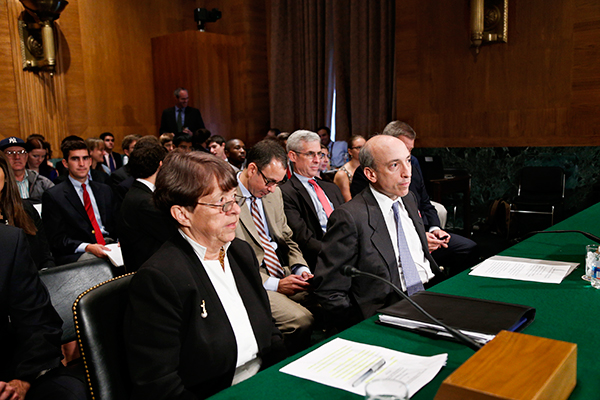
On July 23, the U.S. District Court in Washington, DC rejected the lawsuit on conflict minerals legislation, section 1502 of the Dodd-Frank Wall Street Reform Act. The Court upheld the legislation, dismissing the challenge by big business lobbyists, and therefore requiring that companies who use key minerals from Congo disclose their sources and measures they are taking to ensure that the minerals purchased do not fuel conflict.
The law was challenged by the National Association of Manufacturers, the U.S. Chamber of Commerce, and Business Roundtable on grounds that, among other things, the disclosure requirement violates a company’s first amendment right because it requires the company to say whether the minerals in its products support conflict in the Great Lakes region of Africa. The plaintiffs also sought an exemption for smaller companies who use minimal amounts of tin, tantalum, tungsten, and gold in their products. The court rejected all of industry’s claims and ruled in favor of the legislation's promotion of peace and security in eastern Congo and the broader Great Lakes region.
The achievement by the United States will also keep pressure on other international actors to create similar laws, such as draft legislation introduced in both the European Union and in Canada.
Full implementation of the law will complement many other recent initiatives the U.S. has taken to work towards peace in Congo. On June 26, S.Res. 144 passed through the Senate, this legislation promotes a comprehensive and regional approach to peace for Congo. Former Senator Russ Feingold’s recent appointment as U.S. Special Envoy to the Great Lakes and Congo is another effective step in diplomatic efforts to promote peace. The Enough Project’s report "Four Steps for the U.S. and U.N. to Defuse Congo's Escalating Crisis", re-emphasizes the role that regional certification systems and renewed mining contracts will play in the regional approach to peace and security. The Enough Project applauds the decision of the U.S. District Court for the District of Columbia to uphold Section 1502 of the Dodd-Frank Wall Street Reform Act.
Photo: SEC Chair Mary Jo White testifies before Congress (AP)

